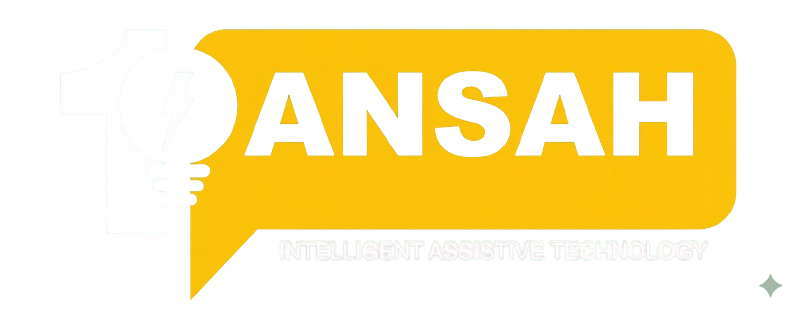In the world of software development, frameworks are powerful tools that can help developers build better applications more quickly and efficiently.
A framework is a pre-built set of code, libraries, and tools that provides a foundation for building software. Instead of building everything from scratch, developers can use a framework to simplify and speed up their development process.
In this article, we’ll explore some of the key benefits of using a framework for software development.
#1 Faster Development
One of the biggest benefits of using a framework is that it can help developers build applications more quickly. By providing pre-built components and libraries, frameworks allow developers to focus on building the unique features of their application, rather than spending time on repetitive tasks like setting up a database or writing authentication code. This can significantly reduce development time and speed up time to market.
#2 Consistency
Another key benefit of using a framework is that it can help ensure consistency in code quality and style. Frameworks often have strict guidelines and best practices built-in, which can help developers write code that is cleaner, more readable, and easier to maintain. This consistency can also make it easier for multiple developers to work on the same project, as everyone is working within the same framework and following the same guidelines.
#3 Security
Frameworks often come with built-in security features, such as authentication and encryption. These features are typically tested and proven to be effective, which can help reduce the risk of security vulnerabilities in the application. Additionally, using a popular framework can provide the added benefit of a large community of developers who are constantly testing and improving the framework’s security features.
#4 Scalability
As applications grow and evolve, they can become more complex and difficult to manage. Frameworks can help with this by providing built-in scalability features, such as load balancing and caching. These features can help ensure that the application can handle increased traffic and usage without sacrificing performance.
#5 Support
One of the biggest advantages of using a popular framework is the support and resources that come with it. Frameworks typically have a large community of developers who are constantly sharing knowledge, providing support, and creating new plugins and extensions. This can be invaluable for developers who are just starting out with a new framework or who need help troubleshooting issues.
#6 Future-proofing
Technology is constantly evolving, and software applications need to keep up with these changes in order to remain competitive. Using a framework can help future-proof an application by providing a foundation that is built to adapt and evolve over time. Frameworks are typically updated regularly to incorporate new technologies and best practices, which can help ensure that the application remains up to date and relevant.
#7 Cost-effectiveness
Finally, using a framework can be cost-effective for businesses and organizations. Building everything from scratch can be time-consuming and expensive, especially for small businesses or startups. By using a framework, developers can reduce development time and costs, allowing them to focus on building unique features and functionality that will set their application apart from the competition.
Conclusion
Using a framework can provide numerous benefits for software developers and businesses alike. From faster development to increased security and scalability, frameworks can help simplify the development process and improve the overall quality of the application. Whether you’re building a small web application or a large enterprise system, a framework can provide a solid foundation that will help ensure the success of your project.

